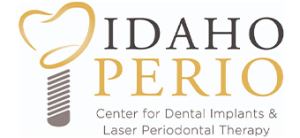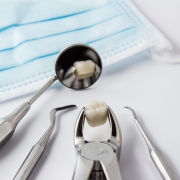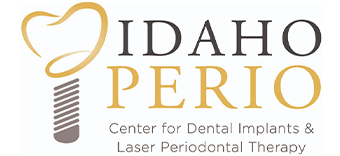Extractions and Teeth Shifting: What You Should Know
Teeth extractions can be difficult to schedule for many people, but they’re ultimately better than the alternative. If you need to have a tooth pulled and you’re wondering what to do next, we’ll look at what you should know about what happens after the procedure if you leave your mouth as-is.
Shifting Teeth
Your teeth tend to move over time, even if those movements are hard to discern if you’re not looking at your mouth with a proverbial fine-tooth comb. Open space makes it easier for them to shift and slide, making your mouth more vulnerable once you have a tooth extraction in Boise, ID.
As the teeth move over to fill in your mouth, it can cause issues with your bite and potentially open you up to more infections or cavities, as there’s typically more surface area for bacteria and plaque to latch onto. It’s worth noting that teeth don’t always shift, especially if they’re your wisdom teeth. The best way to learn more about how your teeth are liable to move around is to discuss the options with your dentist.
General Dentistry in Boise, IN
Your face and jaw rely on your teeth to maintain everything from your jaw bone to your facial structure. Even losing a single tooth can have consequences that you may not have anticipated. While any dentist in Boise, IN, can pull a tooth, finding one that can preserve your extraction site is important.
At Idaho Perio Center for Dental Implants and Laser Periodontal Therapy, with locations in Boise and Meridian, you’ll work with a staff who can tell you how different options will play out over time so you can make a decision that you’re ultimately comfortable with.


